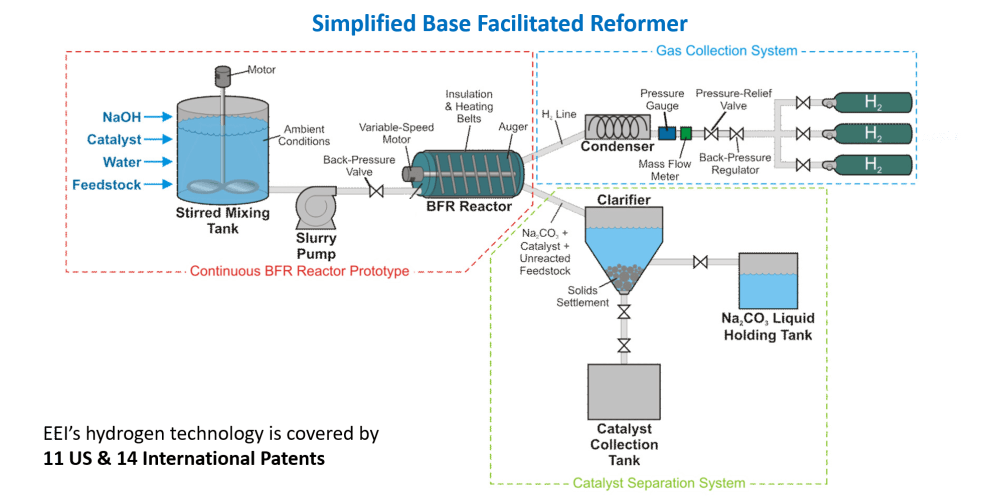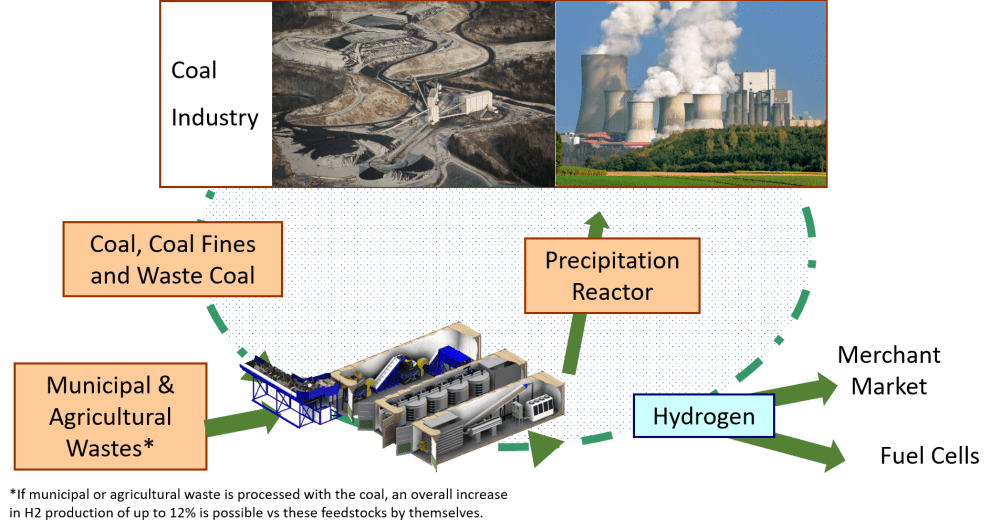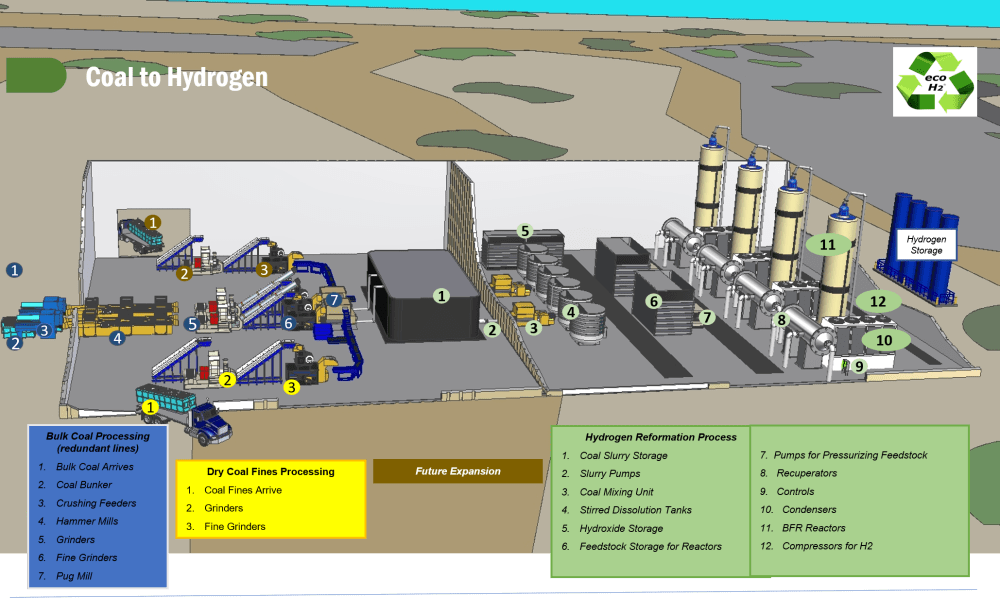

Global climate change is one of the world's biggest challenges. Rising atmospheric temperatures and increasing ocean levels are largely attributed to greenhouse gas emissions.
Coal is the single largest contributor to anthropogenic climate change. The burning of coal emits 46% of carbon dioxide emissions globally, which is 72% of the electric industry greenhouse gas emissions.
Furthermore, pollution from waste coal is another worldwide challenge. Hundreds of millions of tons of waste coal litter the mining landscape. These piles of waste leach iron, manganese, mercury and aluminum into waterways, causing acid drainage, killing neighboring streams.
A secondary contributor to climate change is the decaying of organic matter in landfills, producing both methane and carbon dioxide. Global municipal solid waste (MSW) exceeds 2 billion tons per year and is projected to continuously grow. Over half of that goes into landfills today producing 800 million metric tonnes of carbon dioxide equivalent.
Eco Energy International now offers a breakthrough technology to turn these problems into opportunities. Base Facilitated Reformation (BFR) is a revolutionary technology that can convert any carbon-based material directly into pure hydrogen. This proprietary process is scalable to meet the needs of various applications, large or small. The reformation equipment is modular, allowing it to be located near end users, reducing or eliminating expensive transportation costs, and their emissions.
Plus, our method produces revenue via the sale of clean renewable hydrogen and the byproduct: calcium carbonate (lime). Project payback is usually 3 years.
The BFR process works well on both coal and municipal waste individually, but if we combine both, it becomes an even better feedstock, increasing the overall output 12%.
The BFR process reduces greenhouse gases normally emitted from landfills and the burning of coal. A Coal slurry is a byproduct of washing coal as it is mined. In the U.S. alone, slurry ponds are estimated to contain more than 2 billion tons of coal fines. This is ideal for BFR conversion into hydrogen, because our technology is an aqueous process, so the coal slurry does not need to be dried.
Through our BFR process, metallic and trace elements from waste coal are contained in solid form, for appropriate disposal without harming the environment. This includes hydrogen sulfide and other pollutants.
In summary, our base facilitated reformation process has been successfully demonstrated using a wide variety of renewable feedstocks. The BFR can convert over 90 percent of waste into usable energy thus reducing landfill reliance along with lowering long term methane and carbon dioxide emissions.
Economical establishment of production facilities with minimal transportation costs is feasible allowing for the creation of global hydrogen infrastructure.
This technology has the potential to reduce greenhouse gases over 21 billion metric tons of carbon dioxide equivalent per year worldwide.
Eco Energy International reformation can be the bridge to the hydrogen economy. Providing needed cost and distribution advantages to present and future hydrogen users, by establishing a low-cost hydrogen production and distribution infrastructure, all while reducing the environmental impact of municipal, agricultural and other waste streams.
Video
-
Awards
-
 2021 Sustainable Technologies/Future Energy Honorable Mention
2021 Sustainable Technologies/Future Energy Honorable Mention -
 2021 Top 100 Entries
2021 Top 100 Entries
Like this entry?
-
About the Entrant
- Name:P D Madden
- Type of entry:individual
- Software used for this entry:ChemCAD
- Patent status:patented








